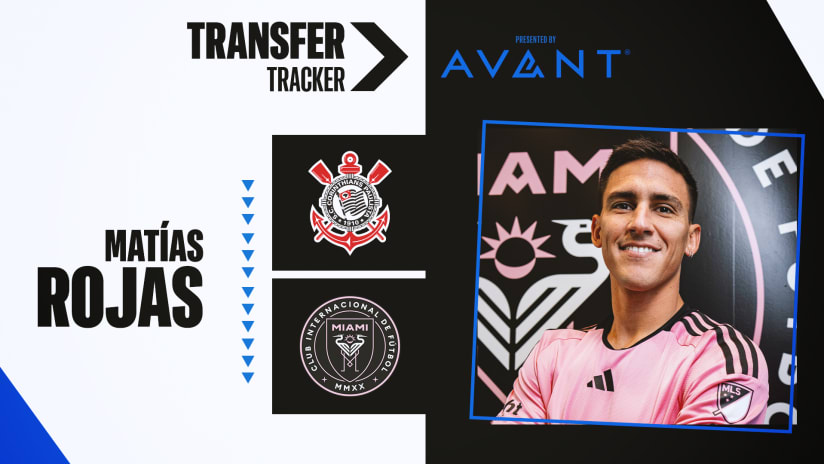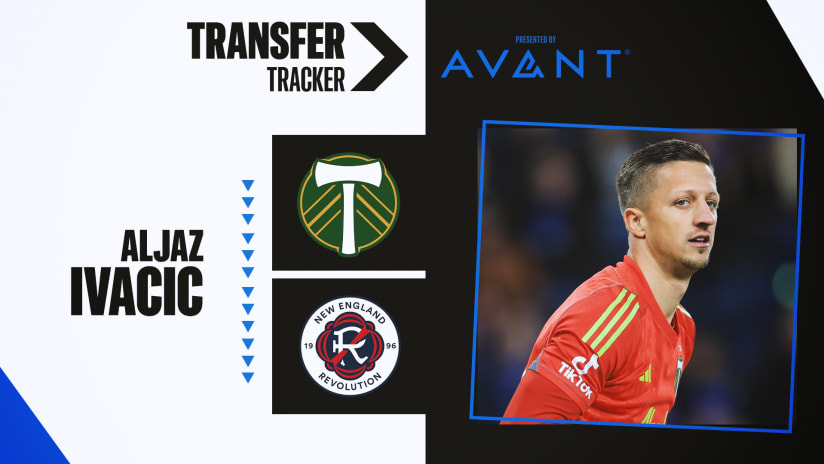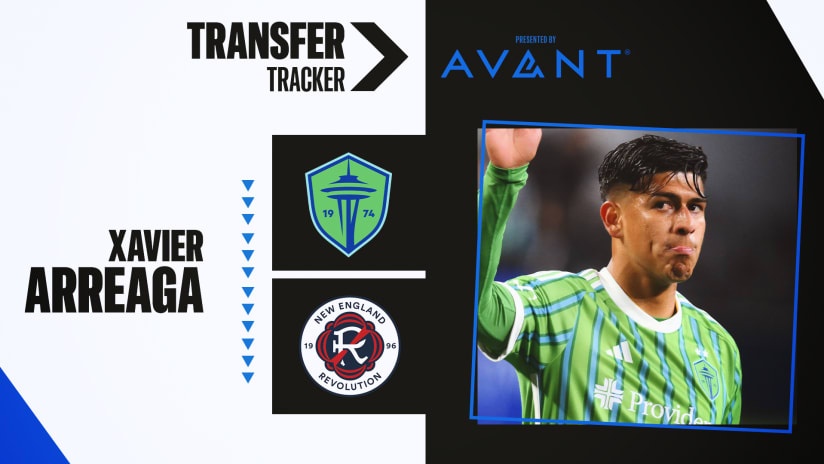relocation is not easy and made more difficult with families; changing countries only adds to the dilemma.
The fact is coaches like to bring in new players. There is often the belief by the player that the grass is greener on the other side. A change is something that he desires most of the time. When trades are made in MLS that is not always the case, as you move simply from one team to another. A player coming into this league from another country has a difficult time understanding the concept of a trade. In international soccer you either get bought or sold or you own your own pass.
The real trick is getting players from another country. Most countries negotiate contracts on a net (after tax) basis so talking about gross salary is often a new concept. The agent often is as confused as the player.
Most top teams around the world offer housing and transportation as part of the deal. Those components are not offered often in MLS deals and in some cases it is added to the value of the deal. Again this is something that the player is not used to.
The salary cap is something that they really do not understand. It is not worth even bringing up. If the player has a U.S.-based agent or someone who knows MLS, it makes the whole thing a lot smoother.
So after you get the money part straight, the player arrives. Due to limited money spent on scouting in this league, the player is not always totally what the coach expected. Every coach feels "if I could only add this guy, it will make all the difference." Once the player gets here the reality sets in. The more homework you can do, the better fit the player will be to your team. But it still is a little bit of guesswork.
The first place the player goes is to a hotel. This is his lodging for the first two, three, four weeks -- or more. The next step is where all the clubs are different. Some do it better than others.
You have to find the player a place to live. It is always amazing how many of his compatriots appear and offer help. Some of their help is legitimate and some is dubious. Often this duty falls in the lap of the team administrator. He is so busy that he often cannot do it alone and many others at the club fall into the process. However, the less people involved, the easier it is to manage.
You need to get a social security number so he can get paid. You need to get a driver's license so he can get a car. You need to help find a car for him. Sometimes the agent has some contacts, but it usually falls to the club.
Now add to this a wife and kids. They too need visas and you need to find a place to live for the whole family. A friend told me a story of a player who had a pregnant wife when he came over. So they needed to find a doctor and hospital that spoke the right language to make this easier. Add to that the player had three dogs he wanted to bring and two other children. Who is going to rent a house to a person that has three dogs? Not an easy task.
However, the more you help as a club and the better quality of service you provide will make the player's adjustment easier. Once in the States the player has his soccer and teammates. The wife has little to no social contact. The other players on the team also play a role in this. Here also some players are more accommodating than others.
Regardless of where a player goes, some things are consistent -- the adjustment to changes in training style and routine, the change in playing style and the travel schedule. But the better the off-the-field adjustment and support is from the club, the easier the adjustment will be. A happy player is usually a better player.
Sigi Schmid is one of the winningest coaches in MLS history, having led the Los Angeles Galaxy to four honors in his five-plus years at the helm, including the 2002 MLS Cup championship. Send comments to Sigi at sigischmid@hotmail.com. Views and opinions expressed in this column views and opinions are the author's, and not necessarily those of Major League Soccer or MLSnet.com.










